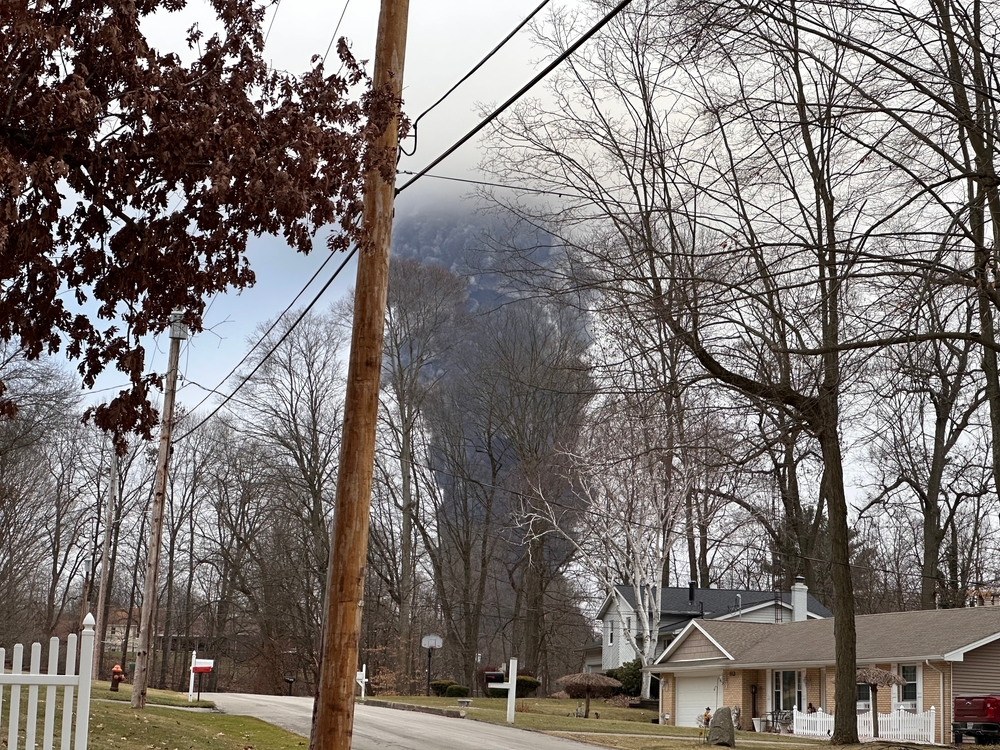As students head off to college, many envision the incredible journey toward adulthood and independence. Before taking this new step toward freedom, students are reminded by parents and loved ones about how to be safe on campus. However, even with all the personal safety advice, sexual assaults can and do happen on college campuses - even more so for students in fraternities and sororities. When students are involved in Greek life, the risk of sexual assault climbs.
A person is sexually associated every 68 seconds in the U.S. Nine out of 10 survivors of rape or sexual assault is female. Sexual assault and violence on a college campus are far too common. According to RAINN, more than 26% of female and almost 7% of male undergraduate students have experienced sexual assault on campus. When students do experience sexual assault, few report their assault to law enforcement officials. Four of five students or 80% of those assaulted, did not report their assault. Reasons for not reporting sexual assaults can vary from person to person. But many survivors feared reprisal from the perpetrator, did not want to get the perpetrator in trouble, or believed that law enforcement would not or could not do anything to help.
The Role of Greek Life in Campus Sexual Assault
Many believe that Greek life plays a role in sexual assaults occurring on college campuses. In many cases, sexual assaults have been reported during fraternity social events, like parties, pledge week activities and other affiliated events. Cornell University has gone so far as to suspend all social events and parties hosted by fraternities. The suspension was implemented after students reported their drinks being drugged and another student reported being sexually assaulted during events associated with a fraternity at an off-campus location.
At Cornell, the Interfraternity Council indicated that 30% of students at Cornell participate in the Greek system. The Greek system at Cornell is the third largest in the country. Fraternities and sororities provide unique opportunities, both academically and socially. Strong bonds are formed between members, often lasting a lifetime. However, school officials, including the President, vice president of student and campus life and the student-led Interfraternity Council, decided all social events associated with Greek life needed to be suspended. "Fraternity leaders will take this time to implement stronger health and safety plans. No IFC-affiliated social events will resume until student leaders and Cornell staff are confident activities can take place responsibly and safely," Cornell President Pollack shared via a statement on the matter.
Based on the action of school officials and the Interfraternity Council, Cornell is taking action to reduce the potential incidences of sexual assaults on campus related to Greek life.
The majority of sexual assaults are near or at the survivor’s home. Nearly half of those assaulted were sleeping or hanging out at home when they were assaulted. Only 8% were on school property. By recognizing Greek life’s role in sex abuse cases, fraternities and sororities can learn how to reduce incidents.
Safety Tips
Stats about sexual assault highlight that safety tips may help reduce the risk of being sexually assaulted. While on campus and off, here are some tips on how to stay safe:
Stay alert - Be aware of your surroundings when moving around and off campus. You can ask campus security for an escort or invite a friend to walk with you. If you travel alone, consider only wearing one headphone so you can pay attention to your surroundings.
Be cautious about posting your location - When posting on social media, consider turning off the geolocation feature on your device. This will prevent social media sites from publicly sharing your physical location.
Know your resources - Explore your resources, so you know where emergency phones are located, and what the contact number for campus security and the campus police offices are. Consider adding these phone numbers to your mobile device.
Lock up - When in your home, ensure the doors and windows are locked when leaving the room or asleep.
Trust - When meeting others, give people time to earn your trust. Before considering friendships, spend some time with them and learn about them before trusting them.
Protect your drink - Do not leave your drink unattended at parties or bars. Watch out for your friends and their drinks. If you or your friends step outside or into the bathroom, take your drink with you or pour it out.
Have a plan - If you attend a social event, go with people you trust. Make a plan to leave together and watch out for your friends. Don’t leave someone in an unsafe situation.
Be a good friend - Trust your gut feelings and your instincts. If something doesn’t feel right, it may not be.
College Athlete Sex Abuse Cases
Fraternities and sororites aren’t the only college organizations having issues with sex abuse. College athletics also have been making headlines over the years. Brave college athletes have come forward in recent years to share publicly that they have experienced sexual abuse for years, often at the hands of those entrusted in positions of power. Cases like Larry Nassar, a former doctor at Michigan State and for USA Gymnastics, and Dr. Robert Anderson, former physician and team doctor at the University of Michigan, have made the news for the horrific abuse these people inflicted on student athletes. As survivors continue to come forward, colleges have begun to make changes to how they handle potential cases of sexual assault and abuse.
With the #MeToo movement and the stream of college athletes coming forward with stories of assault, society is moving towards holding those accountable for sexual abuse. Sex abuse victims need to know that support is available. After an assault, seeking medical attention is vitally important. A rape kit can be conducted immediately after the assault to collect evidence for use in criminal and civil cases. Support groups and counseling can help survivors make sense of what has happened and equip them to move forward. There are community, state and national organizations that are committed to providing sexual abuse survivors with programming and resources to reclaim their lives.














